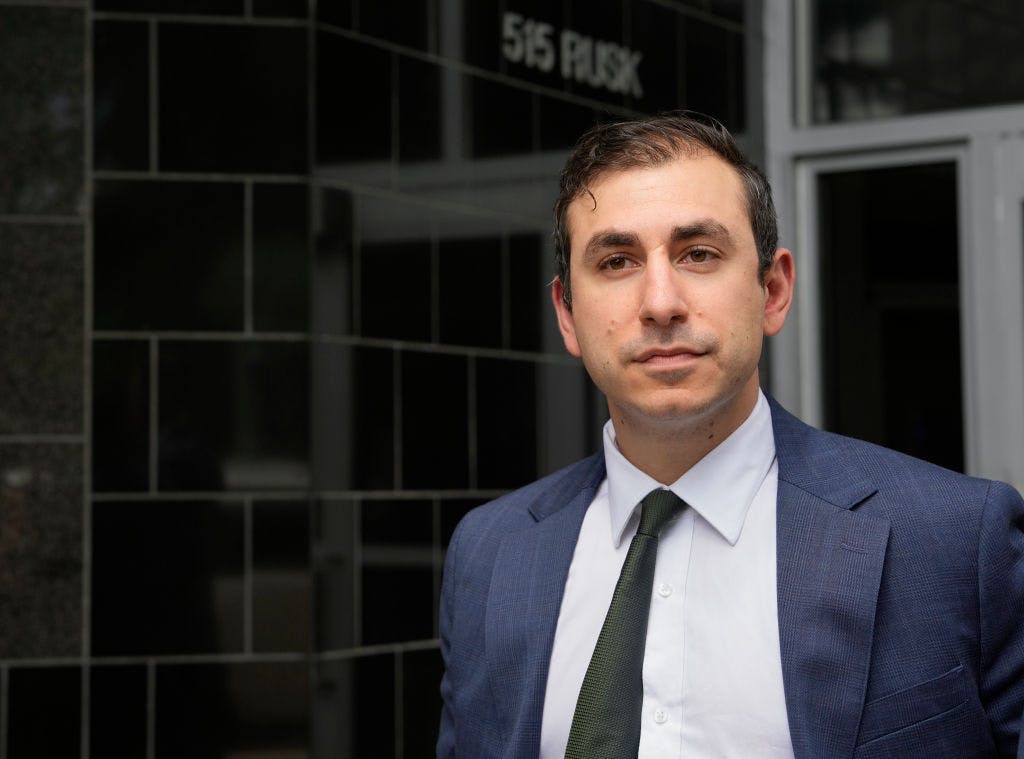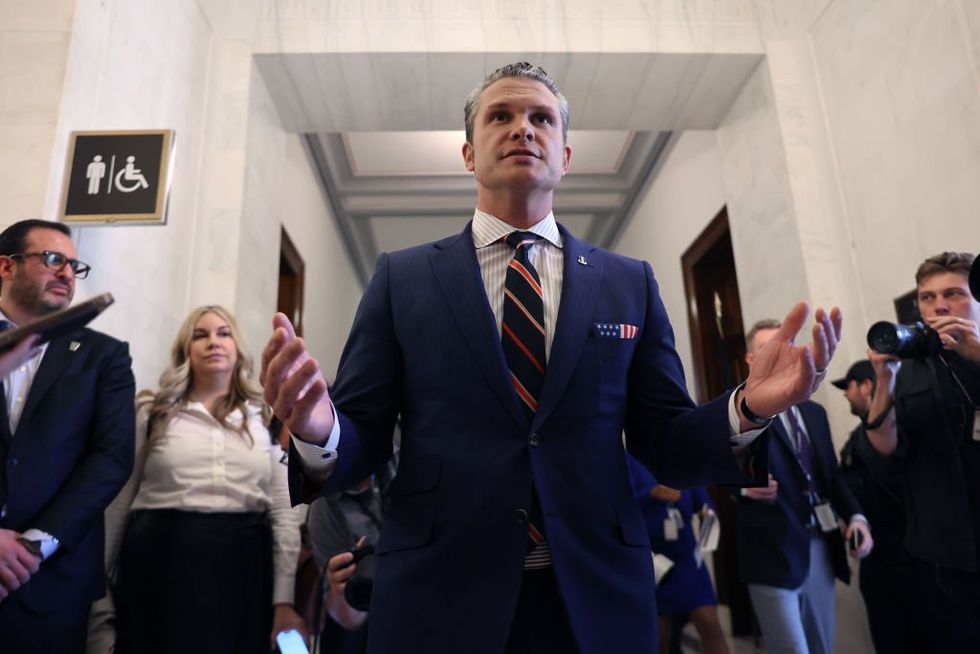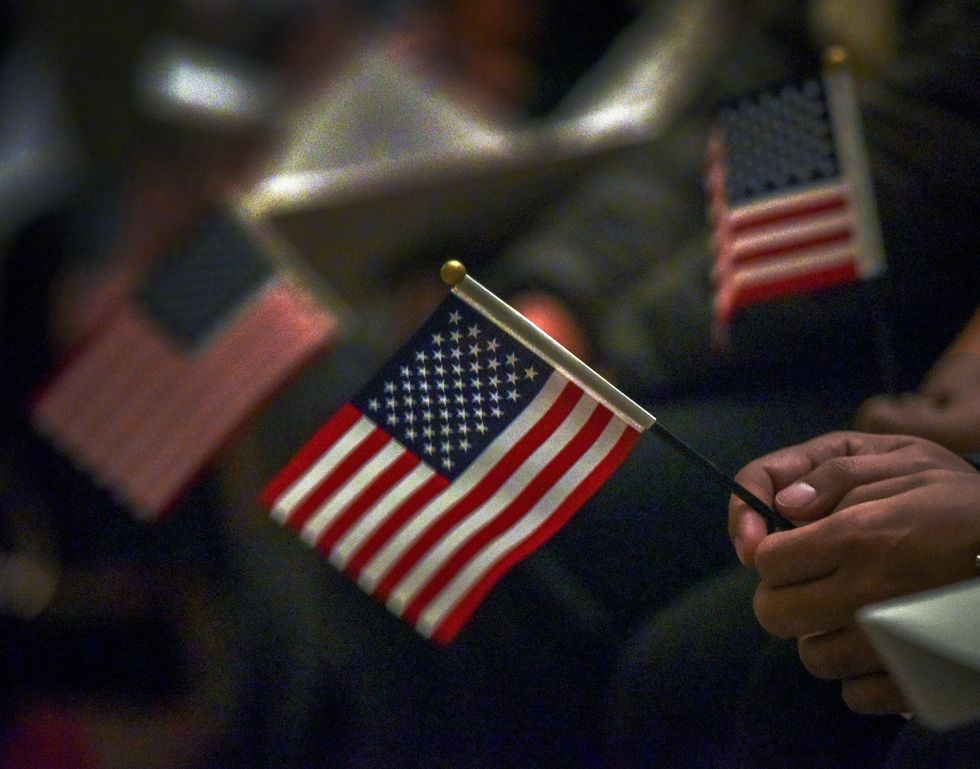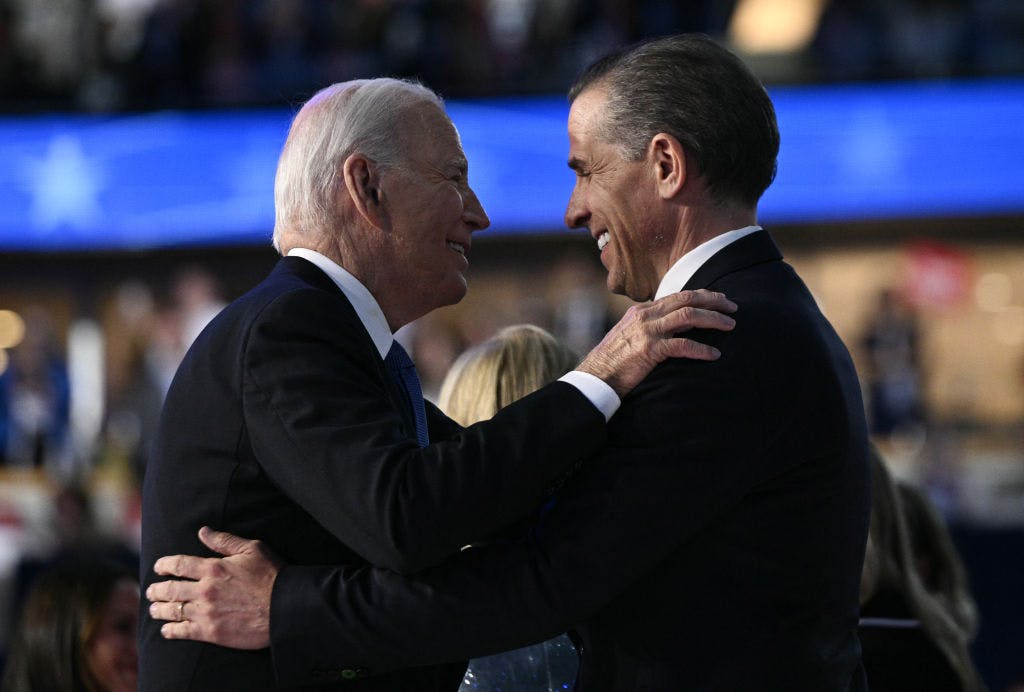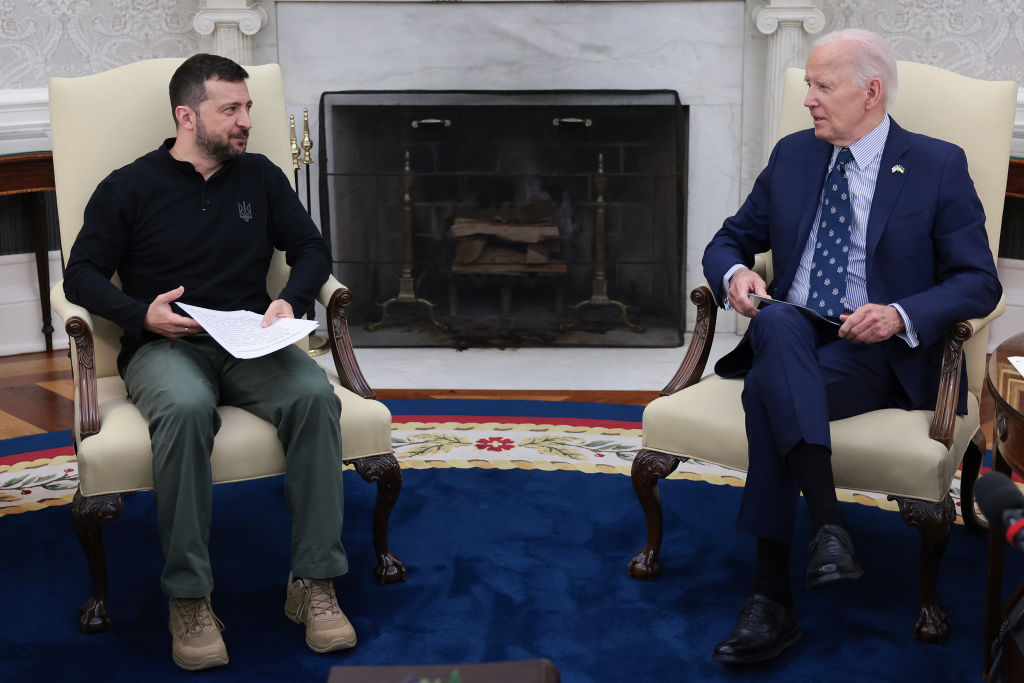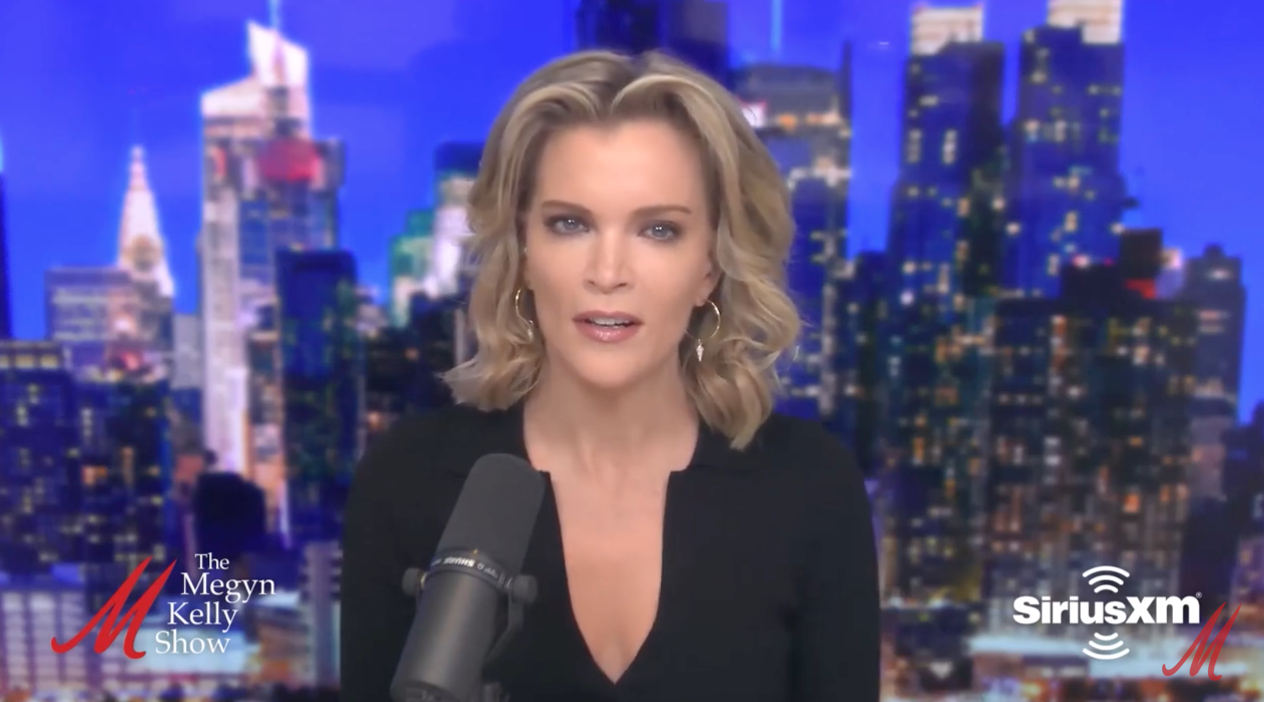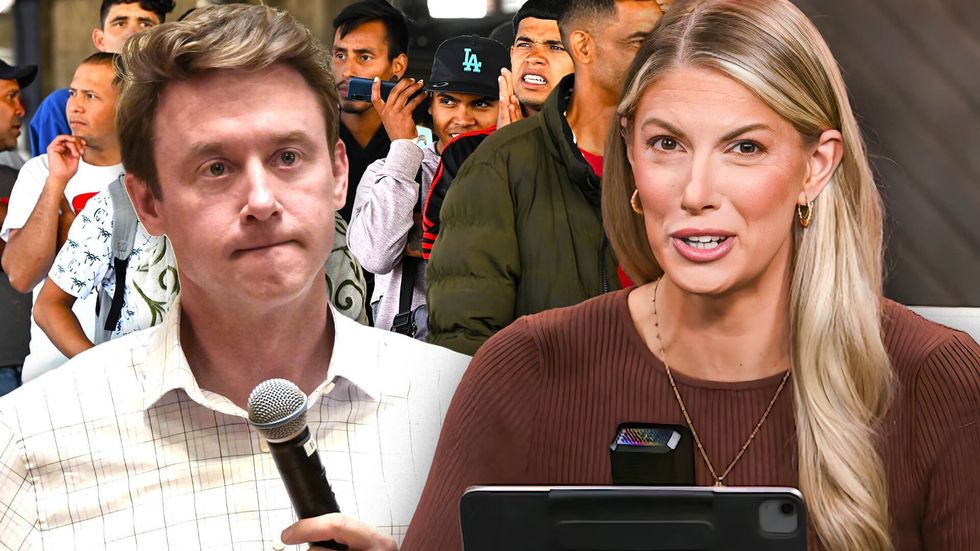Here’s Why The Left Hopes You Won’t See ‘Reagan’ — Before The Election, Anyway
***WARNING: Although the historical events that took place throughout President Ronald Reagan’s life are well-documented, this article may contain spoilers with regard to the framing and overall presentation of the film.*** The political Left does not appear to want the American people to see “Reagan” — at least, not until after the 2024 presidential election ...
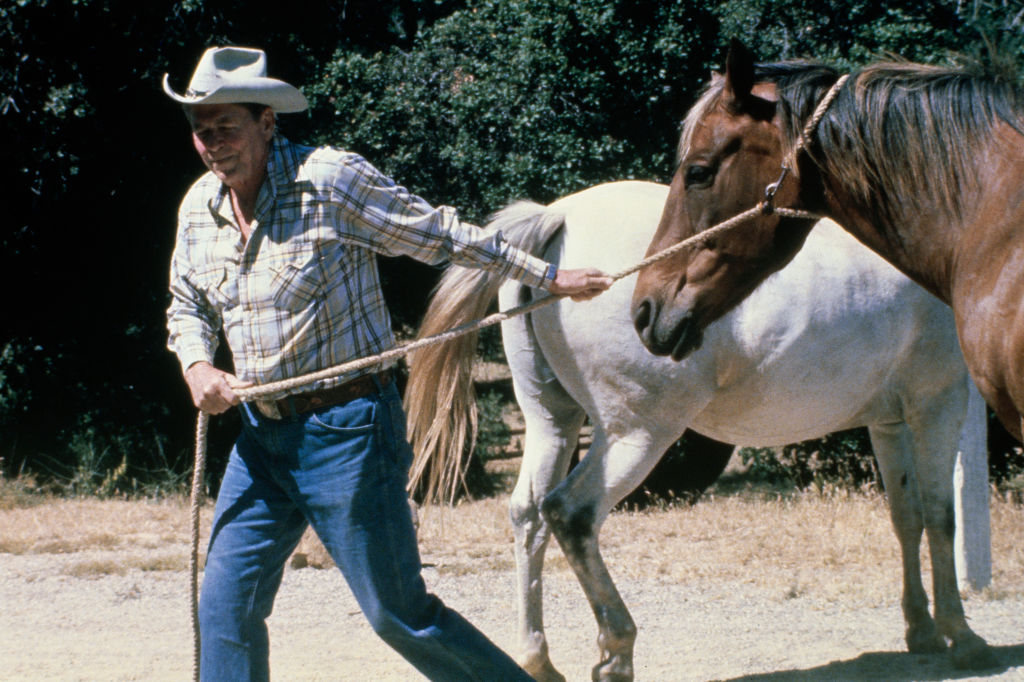
***WARNING: Although the historical events that took place throughout President Ronald Reagan’s life are well-documented, this article may contain spoilers with regard to the framing and overall presentation of the film.***
The political Left does not appear to want the American people to see “Reagan” — at least, not until after the 2024 presidential election is settled.
Actor Dennis Quaid, who portrays the titular president, said weeks ago that Facebook was “throttling advertising and promotion” for the film, “once again censoring the free flow of ideas, deciding what’s best for us to see and hear.”
It’s true that the American Left never liked Reagan, which could be reason enough for some to think it worth scuttling a movie about him. But after seeing the film myself — and some of the reactions to it — I realized that it goes much deeper than that. They don’t just hate Reagan the president: they hate Reagan the man. What’s more, they hate everyone who values the things Reagan stood for, the things that drove him.
Full disclosure: I was a child of the Reagan years. Born in 1979, I never really saw the havoc wrought by President Jimmy Carter’s administration. The first political speech I remember was Reagan’s address to the nation in the wake of the Challenger disaster in 1986. I watched the explosion live from my first-grade classroom and saw my teacher quietly crying at her desk — and later, at home, I watched as the president paid solemn tribute to the lives lost in that tragedy. I was eight years old when, just over a year later, I watched Reagan stand in front of the Brandenburg Gate and forcefully urge Mr. Gorbachev to “tear down this wall!”
That was all I knew of American presidents, and so that became what I expected of American presidents: someone who could speak with sincerity and solemnity to a nation in pain, but also someone who showed no fear in the face of adversaries on the world stage. I saw flickers of those same things from President George W. Bush in response to the 9/11 terrorist attacks.
Tickets for “Am I Racist?” are on sale NOW! Buy here for a theater near you.
Now, the Left is terrified that people will notice those things are not to be found in Vice President Kamala Harris — and even more terrified that they just might see them in former President Donald Trump. That’s where the “Reagan” movie fits in: whether intentionally or not, it draws parallels that are difficult to ignore and even more difficult to explain away.
They don’t want a president staying strong in the face of an assassination attempt top of mind.
The movie begins with a literal “bang,” the March 30, 1981 attempt on Reagan’s life. We get Reagan’s quip to his wife, Nancy — “Honey, I forgot to duck” — and to his surgeons — “I hope you’re all Republicans.”
“Today, Mr. President, we are all Republicans,” was the reply from Dr. Joseph Giordano, a liberal Democrat.
Trump may not have lost half of his blood volume when he was shot in the head on July 13th, as Reagan did in 1981. But Trump’s immediate response to the shooting, despite Secret Service attempts to keep him under cover, was to stand and show his supporters that he was okay. He raised his fist, shouting, “Fight! Fight! Fight!” before agents were able to usher him off the stage.
He later described the moment he knew he’d been hit, saying that at first, it felt like “a really big mosquito.”
They don’t want you seeing value in an unorthodox leader who sometimes ignores his closest advisors.
Whatever else could be said about Reagan, he had his own negotiating style — whether with foreign leaders, an adversarial Congress, or his own advisors. One of the great examples of this is his Brandenburg Gate speech. His advisors warned him not to unnecessarily provoke Soviet Premier Mikhail Gorbachev, with whom he had been discussing nuclear disarmament, by demanding the destruction of the Berlin Wall.
But Reagan, with just a year left in his second term, did so anyway. Two years later, the wall came down. Two years after that, the Soviet Union was no more.
The comparison here is obvious. Trump is nothing if not unorthodox, and he often does or says things against the wishes of his advisors — sometimes with more success than others. A reminder that unorthodoxy can be both necessary and effective is not something the Left wants voters thinking about when they head to the polls.
They really don’t want you to remember what it was like to have a man of faith in the Oval Office.
In American politics, we are accustomed to politicians who go to church for the optics. The current president, for example, often talks about his deep and abiding Catholic faith — and although we do see him attending Mass, we also see him making the Sign of the Cross at an abortion rally. We see him embracing the Pope, but inviting trans-identifying influencers to attend White House events with children present.
Reagan was different, on a number of levels. He rarely attended church while he was president — not because he didn’t want to, but because he worried that attending the service would disrupt the service at best, and endanger his fellow worshipers at worst.
Still, Reagan’s faith was what planted the seed that blossomed into the president’s lifelong crusade against communism — a crusade that began when in Hollywood and came to fruition in the White House. As a young man, Reagan sat in the congregation and listened intently as a Soviet dissident explained that the first thing the communists took was their churches. For Reagan, who had always seen church as a refuge from a tumultuous home life, that was a bridge too far.
They really, REALLY don’t want you thinking about the enduring threat of socialism.
In the movie, Reagan mentions the summer he spent as a lifeguard on a river, and explains how he learned to “read the currents,” both on the surface and beneath it. Sometimes, he said of the people he rescued on that river, “I knew they were in trouble before they did.”
That ability translated to politics, giving Reagan an ability to read the currents driving both global politics and culture — and to predict how they might interact.
Trump has been less effective at this so far, but he has made it clear that he sees the threat of socialism — and that he knows it is coming, at least in part, from within the United States. In his 2019 State of the Union, Trump vowed that America would never be socialist.
“Here, in the United States, we are alarmed by new calls to adopt socialism in our country. America was founded on liberty and independence — not government coercion, domination, and control. We are born free, and we will stay free,” he said.
In addition, Trump’s recent efforts to build a coalition — including former independent presidential candidate Robert F. Kennedy Jr. and former Democratic Rep. Tulsi Gabbard of Hawaii — may not have brought in a tidal wave of “Trump Democrats,” but they have given him a populist boost that Vice President Harris failed to match with a “bounce” from the Democratic National Convention.
For these reasons and more, the political Left clearly does not want you to see the parallels. Rolling Stone panned the film, calling it a “tedious biopic that shows the American political right will always value propaganda over compelling human drama.” On Rotten Tomatoes, the movie scored a dismal 20% from critics who tend to lean all the way to the Left.
The audience told a different tale, however, giving the film a positive 98%. I’m with them.
Originally Published at Daily Wire, World Net Daily, or The Blaze
What's Your Reaction?


















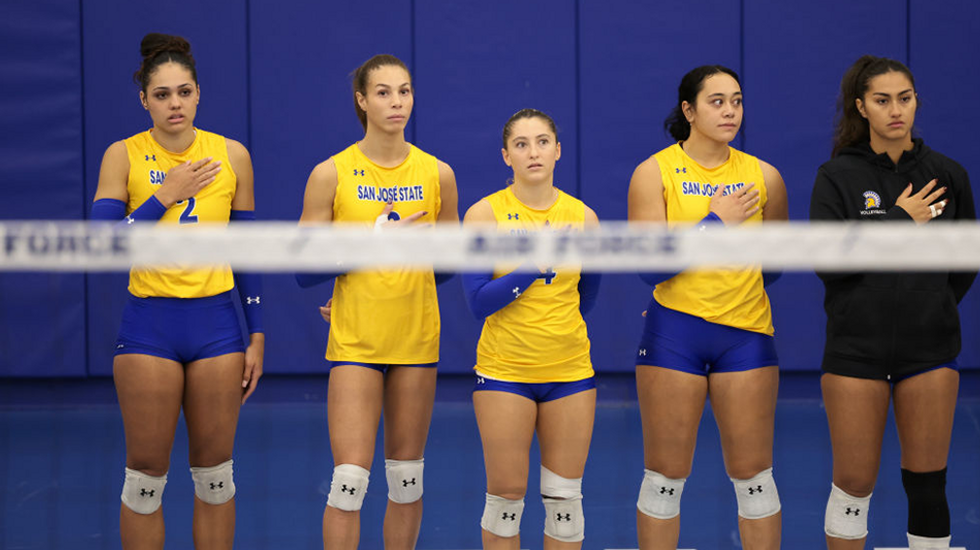
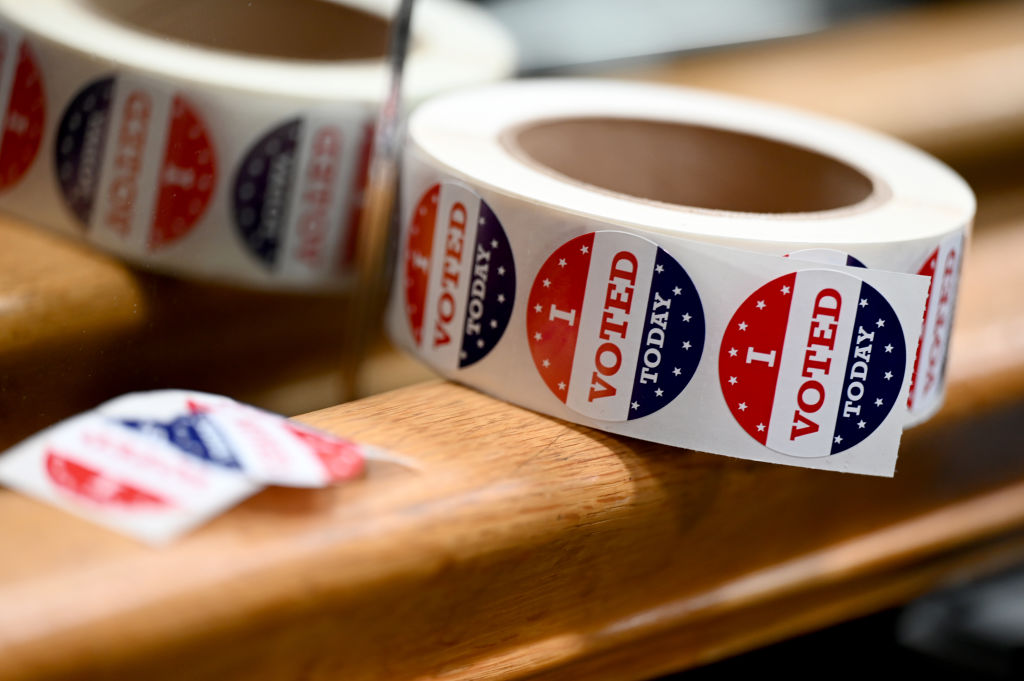
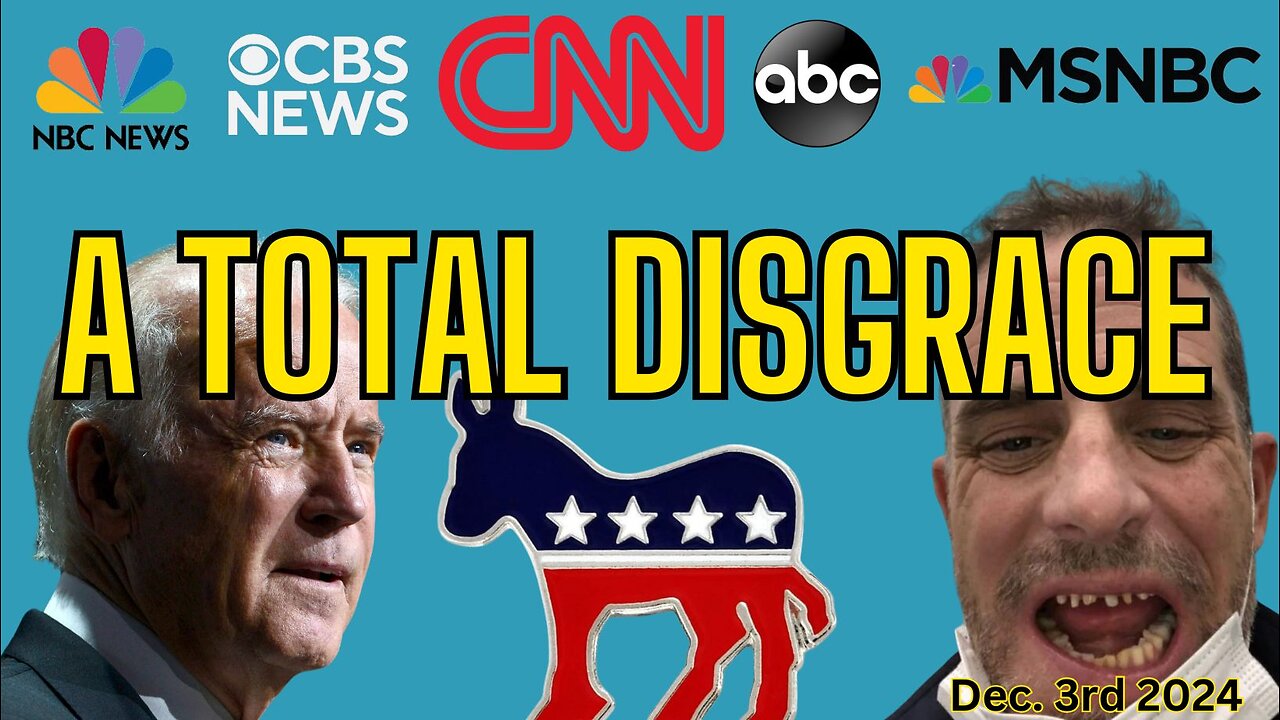
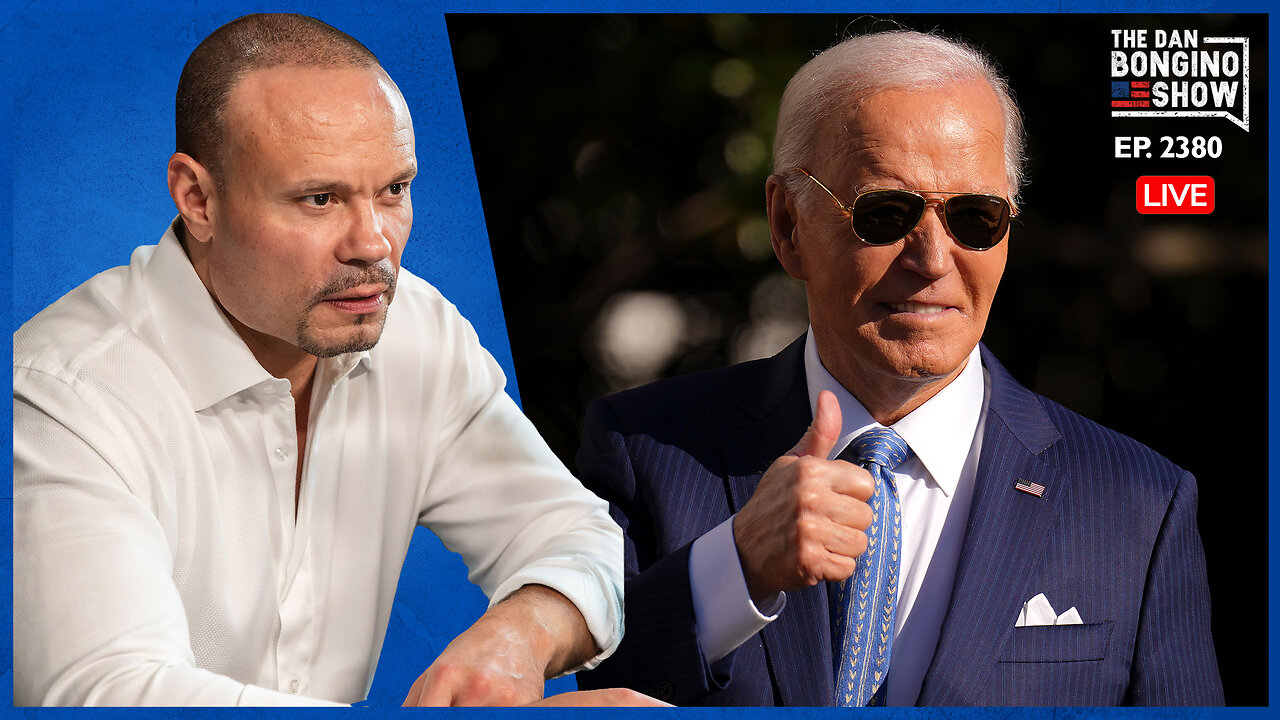
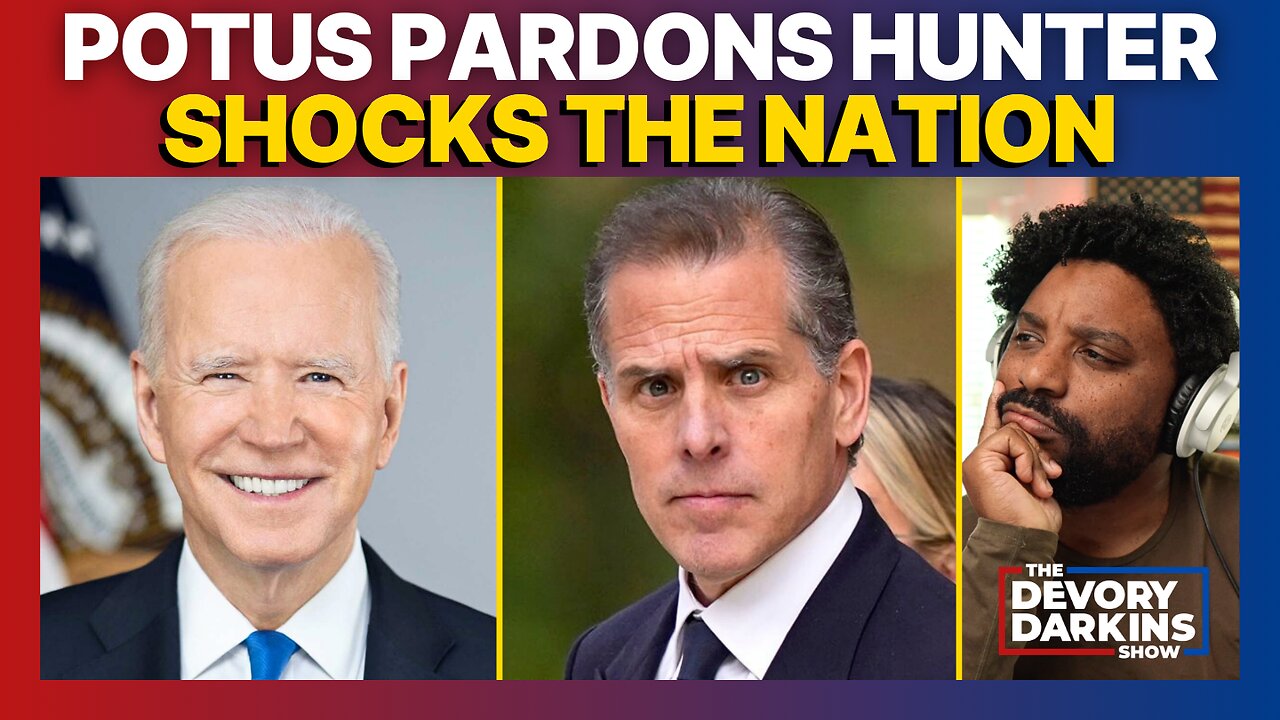


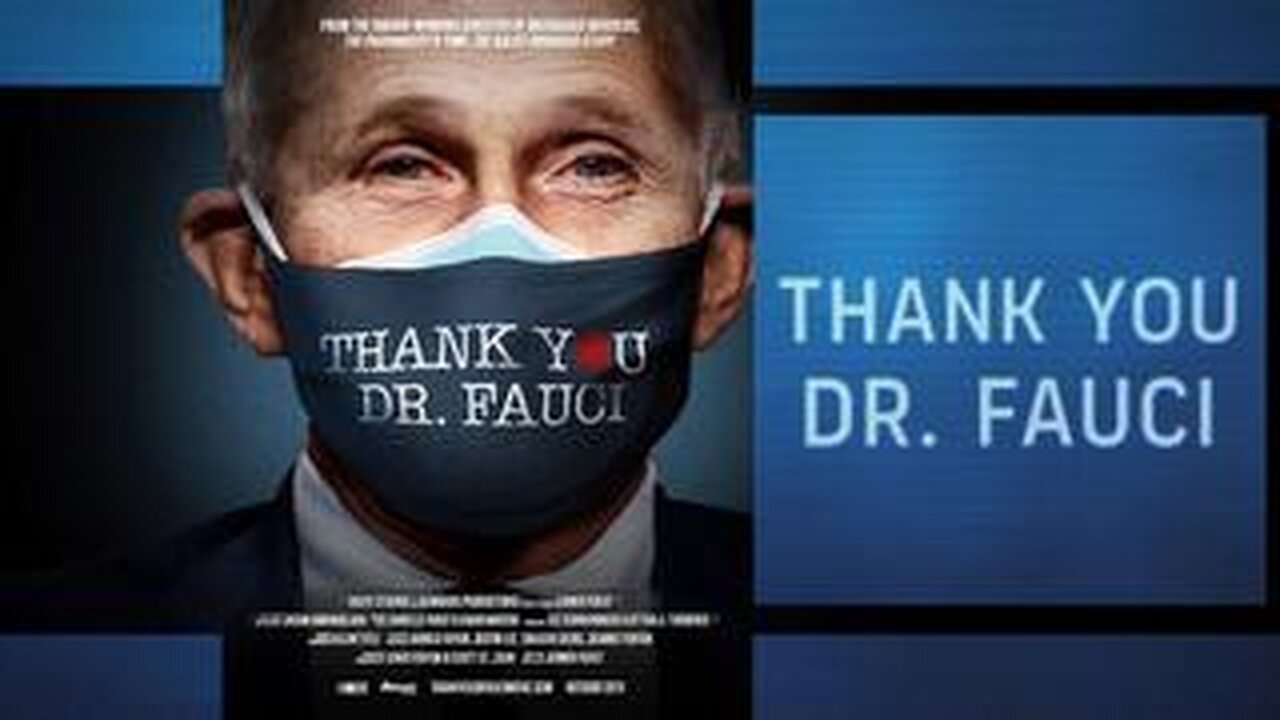






























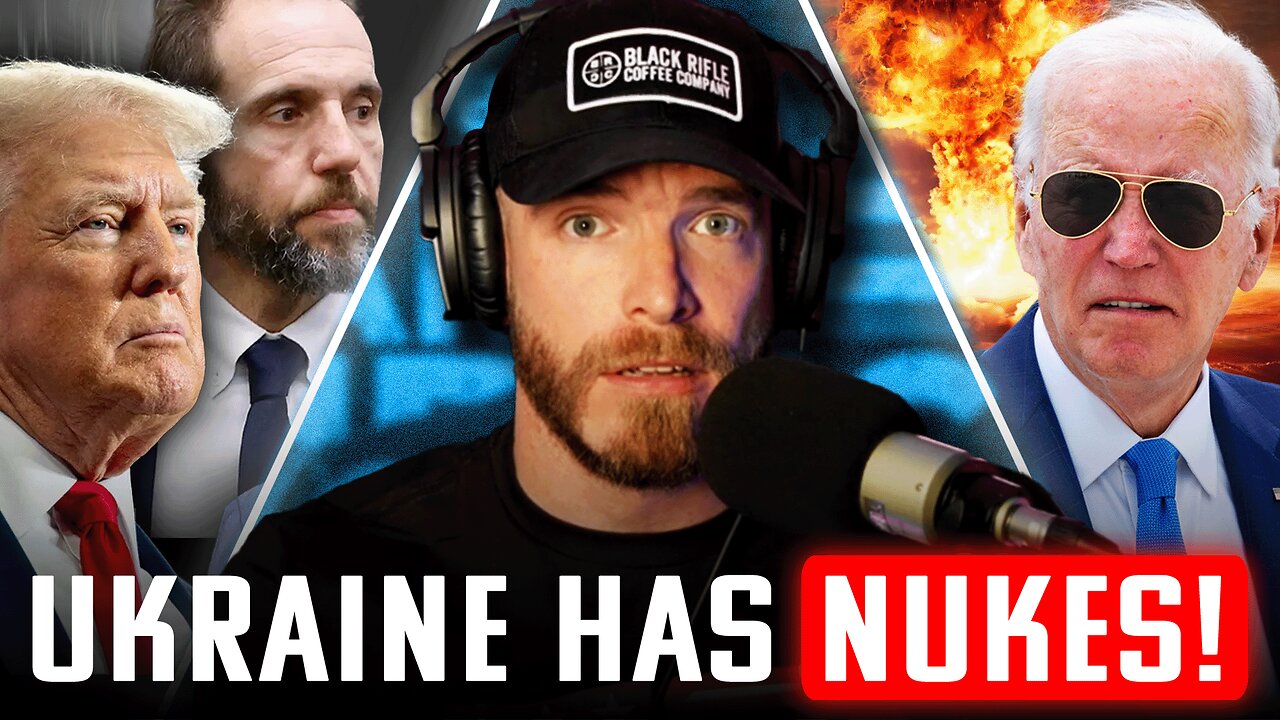





















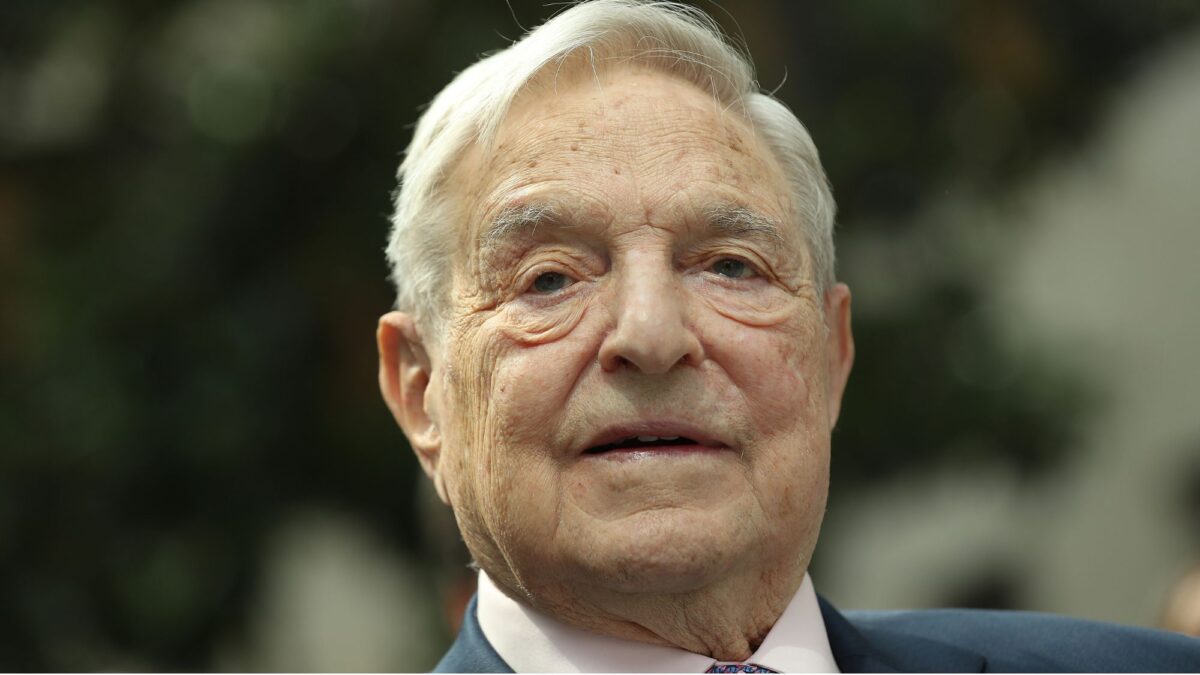
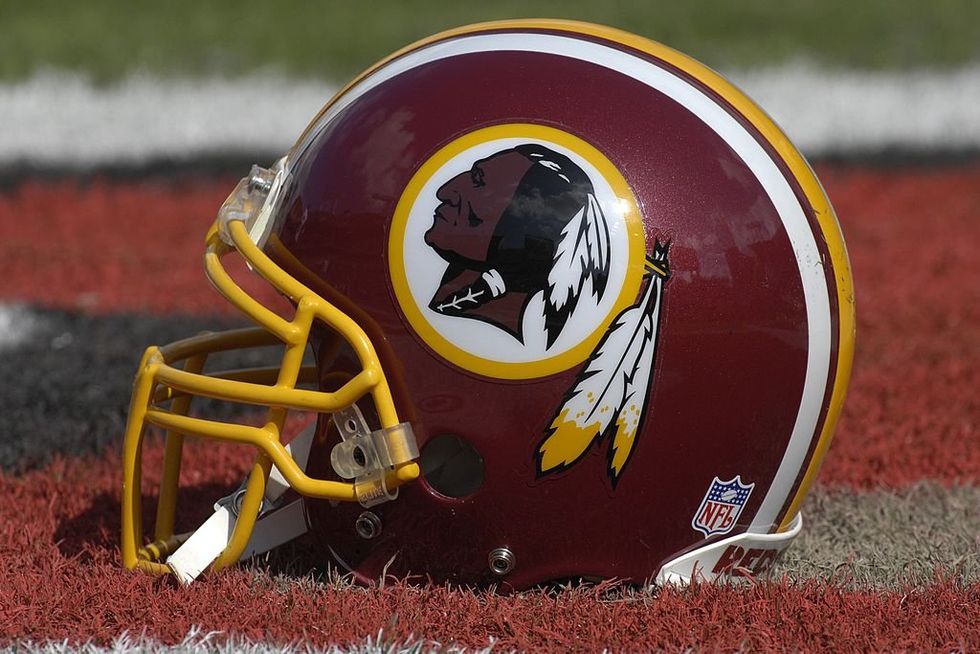






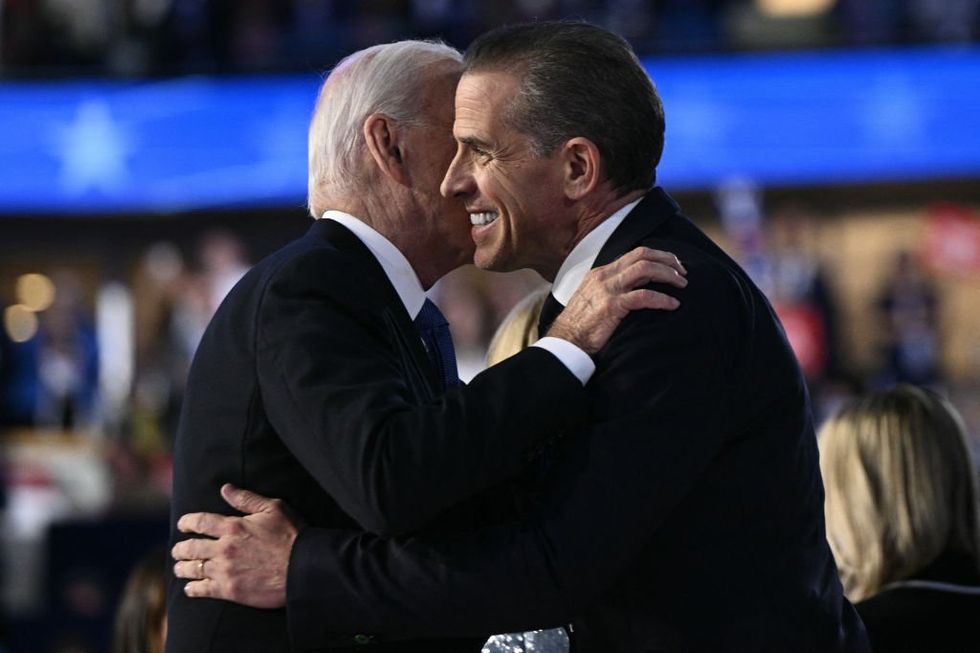
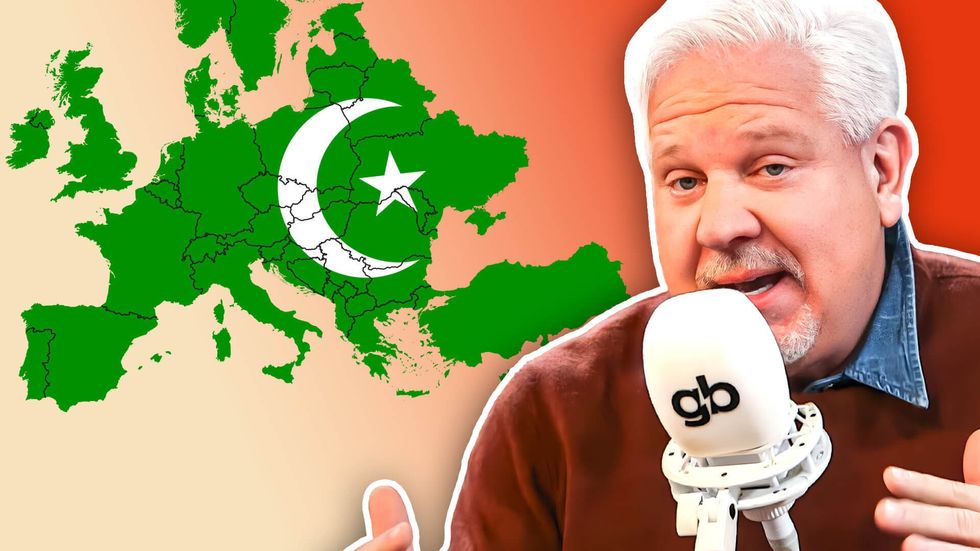
![‘Just got a big pile of [bleep]’: MSNBC contributor dumps on Biden as ‘a weird historical figure’](https://www.wnd.com/wp-content/uploads/2024/12/joe-biden-happy-smiling-smirking-phone.jpg)
